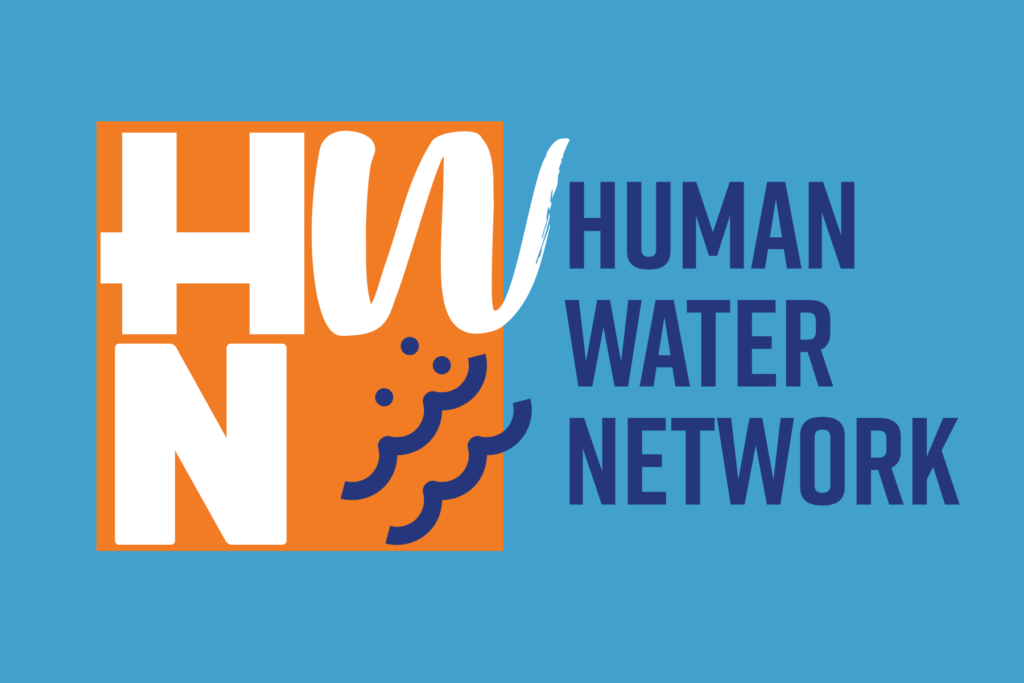Fighting for a Healthy Ocean—No Matter Where You Live
When we consider the importance of ocean health, it’s crucial to remember that it’s not just a coastal issue, but a global one. The oceans play a vital role in regulating our planet’s climate, producing more than half of the oxygen we breathe, and providing food and livelihoods for billions of people. Whether you reside in a beachside town or a landlocked city, the fight for a healthy ocean is a cause that affects us all, and each of us can contribute to its protection.
Regardless of whether you can see the ocean from your window, your daily choices have a significant impact on the health of our waterways and, ultimately, our oceans. Here are some ways you can take meaningful action for ocean conservation, no matter where you live.
1.Recognize the Connections Between Land and Sea
Every river, stream, and storm drain eventually flows to the ocean, creating a direct link between our daily actions and the health of our oceans. This means that pollution originating far inland—from agricultural runoff to improperly discarded waste—ultimately makes its way into marine ecosystems. By understanding this connection, you can see how local actions have global impacts, making you a crucial part of the solution and a powerful force for change.
Start by focusing on the waterways closest to you. Participate in cleanups along rivers, lakes, or even urban storm drains. These efforts reduce the amount of debris, chemicals, and waste flowing downstream to the sea. Supporting policies or programs that protect your local water sources will also positively impact ocean health.
2.Reduce Single-Use Plastics and Waste
Plastic pollution is one of the most pressing threats to our oceans, and it’s not just a coastal problem. Over 11 million metric tons of plastic enter the ocean annually, originating from landlocked regions. Single-use plastics, like straws, bags, and bottles, are among the biggest culprits. The urgency of this issue demands immediate action, and your choices can make a significant impact in the fight against plastic pollution.
You can fight plastic pollution by rethinking your consumption habits. Invest in reusable items like water bottles, shopping bags, and utensils. Opt for products with minimal packaging, and seek out sustainable brands. Recycling is important, but reducing your overall use of plastic is even more impactful.
Encourage friends, family, and your community to adopt similar habits. Together, your choices can significantly reduce the flow of plastic waste into the environment.
3.Support Ocean-Friendly Businesses and Policies
One of the most effective ways to impact is by aligning your spending and advocacy with ocean conservation. Look for companies prioritizing sustainable practices, like reducing plastic packaging, responsibly sourcing seafood, or donating to marine conservation efforts.
Beyond consumer choices, your voice can be a powerful tool for change. Support legislation that addresses climate change, plastic waste, and waterway protection. Signing petitions, calling lawmakers, and raising awareness can help push for policies that protect marine ecosystems.
4.Educate Yourself and Others
To care about its well-being, you don’t need to live near the ocean, but understanding its importance can deepen your commitment. Take time to learn about our oceans’ challenges, from coral bleaching and overfishing to rising sea levels and acidification. Knowledge is a powerful motivator and a valuable tool for inspiring others.
Share what you learn with friends, family, and your community. Start conversations about how everyday actions impact the ocean. Through social media posts, discussions at local events, or classroom presentations, spreading awareness builds a network of ocean advocates—even in landlocked areas.
5.Support Ocean Conservation Organizations
Many organizations are dedicated to protecting marine ecosystems and rely on support from people worldwide. You can contribute to their efforts by donating, volunteering, or amplifying their messages.
Look for groups that align with your interests, whether addressing plastic pollution, restoring coral reefs, or advocating for marine wildlife. Many organizations offer ways to get involved remotely, such as fundraising campaigns, letter-writing initiatives, or educational programs.
6.Be a Climate Advocate
Climate change is one of the most significant threats to ocean health, impacting every corner of the planet. Rising temperatures contribute to coral bleaching, melting polar ice caps, and shifting marine ecosystems.
Even if you don’t live near the coast, your efforts to reduce your carbon footprint can make a difference. Use energy-efficient appliances, switch to renewable energy sources when possible, and reduce your reliance on fossil fuels. Advocate for policies that combat climate change at the local, national, and global levels.
A Shared Responsibility
The ocean might seem far away, but its health is intertwined with our daily lives, no matter where we live. It provides the air we breathe, the food we eat, and the stability of our climate. Protecting it is not just a task for coastal communities—it’s a global responsibility that unites us all and requires action from everyone.
By taking small steps to reduce waste, support sustainable practices, and advocate for change, you can make a real difference in the fight for a healthy ocean. The sea connects us all, and with collective effort, we can ensure that it remains vibrant and life-sustaining for generations.





